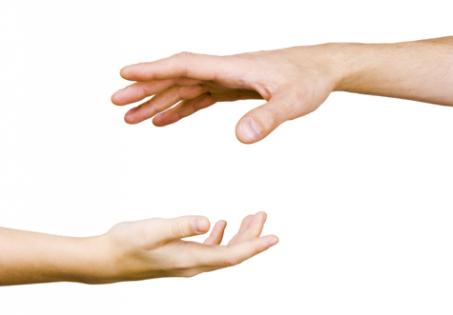I spent April this year presenting at conferences throughout Australia. I spoke about the approach we take with True North Expeditions in engaging teenage students and how we can remain optimistic with difficult situations by focusing on each child’s character strengths and virtues.
At the No 2 Bullying Conference in Queensland, I was delighted to learn about the idea of creating Shared Concern with bullies, innocent bystanders and the victims of bullying. This innovative idea involved actioning students to becoming better leaders by supporting the students most prone to bullying.
When I work with teenagers in the school setting, my goal is to help everyone stay focused on finding possible solutions that can work for everyone. We often get very attached to our problems and the things that will prevent us from having success.
Solutions free us to keep a positive viewpoint that is so important during difficult times. If something doesn’t work, that’s ok. We can always try something different.
Young people who have been in trouble for bad marks, behavioural outbursts or issues with regulating emotions often feel more and more trapped the longer they miss out on feelings of mastery and success. One way we keep these problems from recurring is by waiting for people to get better and prove themselves on their own.
When sitting with a client, whether it is in my office on a rock-climbing wall or in a school meeting, we always treat them based on how good they could be. We engage them on their level and interact with them based on their strengths.
This is why shared concern is such a powerful idea.
Imagine giving a bully the chance to practice empathy! Giving young people the chance to help other peers or young students can install feelings of importance, worth and confidence.
My very first adventure therapy experience was with a program in America leading outdoor camps with at-risk youth. This program’s model took young people with histories of drug and alcohol abuse, exclusions from schools, family conflict and legal matters and gave them the responsibility of becoming a genuine Search and Rescue team.
Students completed wilderness first aid training, learned search and rescue tactics and spent time learning to become self-sufficient in the wilderness as “one cannot help another until they can help themselves.”
This training was powerful. I saw young people flourish into helpers and mentors that cared about the wellbeing of those around them (even their parents!). When we give children the opportunity to lead successfully, they feel good about themselves.
- They’ve been successful.
- They can do it.
- They believe in themselves.
- They can help another person.
Kurt Hahn, an experiential education and the founder of Outward Bound, believed in the power of leadership experiences and helping others. In hearing about helping young people to develop a shared concern about their fellow peers, I remembered what he said:
“The experience of helping a fellow man in danger, or even of training in a realistic manner to be ready to give this help, tends to change the balance of power in a youth's inner life with the result that compassion can become the master motive.”



















__small.png)










